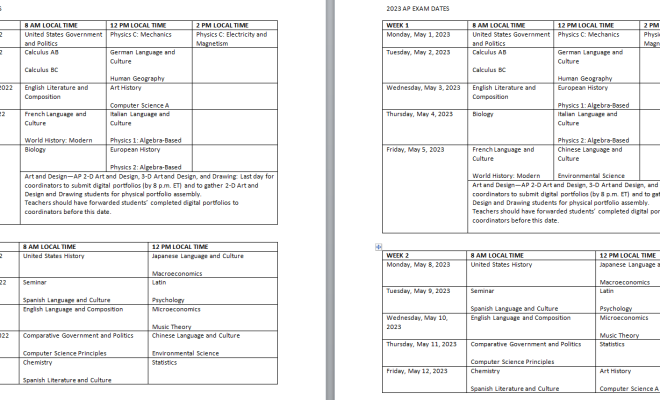How to Develop Your Philosophy of Education

As an educator it is essential to possess a philosophy which will be applied in the classroom. A philosophy of education is not difficult to write. This article will provide details on defining and writing your philosophy of education. Developing a philosophy of education can be a daunting task for new and veteran teachers alike. While most know what they believe and value and how they teach, it can be difficult to express these beliefs, values, and practices in words. Before you are called for an interview, this statement, along with your résumé, will give your possible future employer a first impression of you. If the statement offends, has grammatical or spelling errors, or is weak in nature, it could prevent you from even being called for an interview.
Defining a philosophy of education statement. When we talk about philosophy, we generally refer to an individual’s belief system. Your belief system originates from your experiences, your spiritual perspective, and your reading of literature. As we encounter life, questions arise that do not have one true answer that is right for everyone: Who am I? What is the meaning of life? What happens when we die? As we search for answers to what we believe to be true, we develop our own personal philosophies.
Questioning and exploring your educational beliefs is similarly important, as it allows you to develop a philosophy of education. The philosophy of education statement is a written description of what you interpret the best approach to education to be. Examining your philosophies concerning the learning process, the students, the view of knowledge, and the essential skills and information that should be learned and using them to compose a statement will give others a good idea of what your classroom might be like.
Writing a philosophy of education statement. Putting your philosophy of education statement into words is a process that requires time and clarity of thinking. Sometimes it can be hard to express your beliefs in the right words. To simplify the task, reflect on one question at a time, and consider what your response might entail.
• How do I think? Is my set of beliefs based on past experiences, religious ideals, knowledge gained, or classical ideas?
• What is the purpose of education? Should education be direct toward the basics, a core curriculum, directing a student’s actions and behaviors, fostering inquiry or citizenship, or teaching critical thinking and decision making?
• What is my role as a teacher? Is a teacher’s role to lecture, question, and assess? Should I decide, or should teaching be determined by the individual or group of students?
• How should I teach? Should a teacher transmit information or facilitate the acquisition of knowledge? How should students be assessed?
• What is the role of the student? Should students memorize facts, apply knowledge, learn how to behave and live in the world, learn to reason, learn to analyze, or learn to form opinions and make decisions?
• What should I teach? Should teachers focus on subjects, thinking, or training for future vocations?
The Dos and Don’ts of Writing a Philosophy of Education Statement
Do
• Be yourself. Your philosophy of education should be a true reflection of what you believe.
• Be clear, concise, and correct. Use plain language that is easily understood. Ask someone to proofread for clarity, spelling, and grammar. It must be error free.
• Research. Before submitting your résumé, research the school that you are applying to, and be sure their mission, goals, and objectives match your philosophy.
• Remember that education is about the students. Be sure that the needs of the students come first, and that this mentality is reflected in your philosophy of education statement.
• Focus on your discipline. If you are an English teacher, address the importance of literature.
• Think about great teachers that you have had. What were their philosophies of education?
• Get feedback. Beyond editing, ask for feedback from classmates, veteran teachers, and administrators.
Don’t
• Make it long. A paragraph or two is plenty. Any more may make you seem long-winded.
• Ramble. Using empty words and space fillers are evident to a trained eye. It diminishes the effect of what you are really trying to articulate.
• Make statements that are not a true reflection of who you are. If, in the interview, an employer notices a contradiction, this could hurt your chances of attaining employment. Even exaggerations can be dishonest.
• Rehash your résumé. Address only your philosophies. Leave the facts and qualifications in your résumé.
• Be a know-it-all. Present yourself as a lifelong learner. Be humble and open to adapt to the needs of the student.
• Use strong statements. Be careful not to offend others by disagreeing with belief different from yours.
As you move into the new academic year, start preparing by putting into practice defining and writing your educational philosophy.






